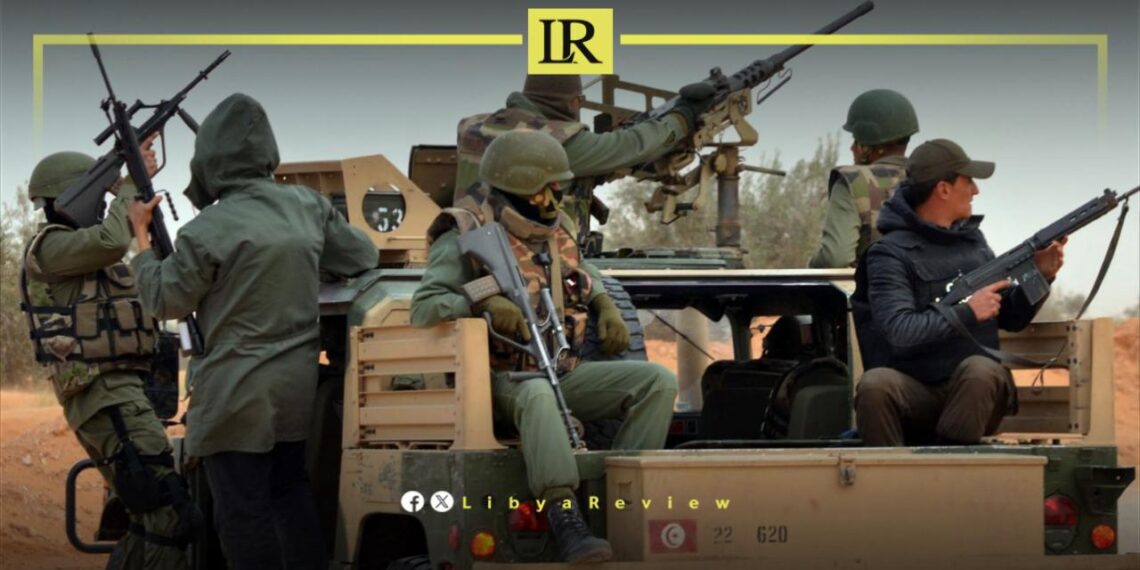On Monday, the United Nations Support Mission in Libya (UNSMIL) emphasized the complexity of disarming armed groups in Libya, highlighting that it is a challenging process that demands coordinated efforts from all involved parties.
This comes after a group of 30 young Libyans participated in a discussion with UNSMIL experts on disarmament, demobilization, and reintegration (DDR), where they shared ideas and recommendations for implementing an effective DDR process in Libya, based on international standards.
In a statement, UNSMIL noted that the participants consistently stressed the impact of political and security instability on Libya’s youth. They emphasized the importance of dialogue between various actors and armed groups, as well as the need for a unified legal, security, and political framework to legitimize the DDR process. The group also pointed out that the current environment in Libya is not conducive to carrying out an effective disarmament and reintegration process.
Aisha Quart, a DDR official with UNSMIL, explained that successful disarmament, demobilization, and reintegration operations require the collaboration of multiple stakeholders. These operations encompass a range of interconnected DDR programs and tools designed to complement traditional processes, including efforts to reduce community violence.
Quart added that this approach is part of a broader, multidimensional strategy adopted by the United Nations, which aims to facilitate the transition from conflict to sustainable peace. She noted that while DDR mandates may seem straightforward in theory, their implementation is far more complex, with each challenge requiring dedicated and specialized efforts.
Participants expressed concern that the ongoing instability in Libya makes it unlikely that armed groups will voluntarily disarm or demobilize, a situation that disproportionately affects young people. They emphasized that without the commitment of all parties, the DDR process in Libya will face significant challenges. They also stressed that political consensus and broad community engagement are essential for any meaningful progress.
Libya has been in turmoil since the 2011 NATO-backed uprising that led to the fall of Muammar Gaddafi. The subsequent power vacuum and the proliferation of armed groups have plunged the country into ongoing conflict, with various factions competing for control. Disarming these groups is seen as a critical step toward stabilizing Libya and creating the conditions necessary for sustainable peace.


